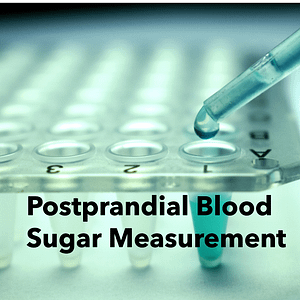
PPG screening for diabetes is a valuable tool with numerous benefits. This non-invasive and cost-efficient method evaluates blood volume variations, which is crucial for assessing the cardiovascular system.
By utilizing deep learning models on raw PPG signals, the detection of diabetes can be significantly enhanced. Light CNN-based models have been particularly successful in achieving competitive results in this area.
Moreover, PPG screening plays a crucial role in preventing complications by identifying individuals at risk of hyperglycemia, including those with prediabetes and diabetes.
Opportunistic screening studies have shown the effectiveness of PPG screening in this regard. Combining PPG analysis with other parameters such as age and biological sex can further enhance screening accuracy, demonstrating the potential for improved diagnostic capabilities in diabetes detection.
In conclusion, PPG screening offers a promising avenue for early detection and intervention in diabetes. It serves as a valuable tool in public health initiatives, providing opportunities for proactive management of the condition and ultimately improving health outcomes for individuals at risk.





